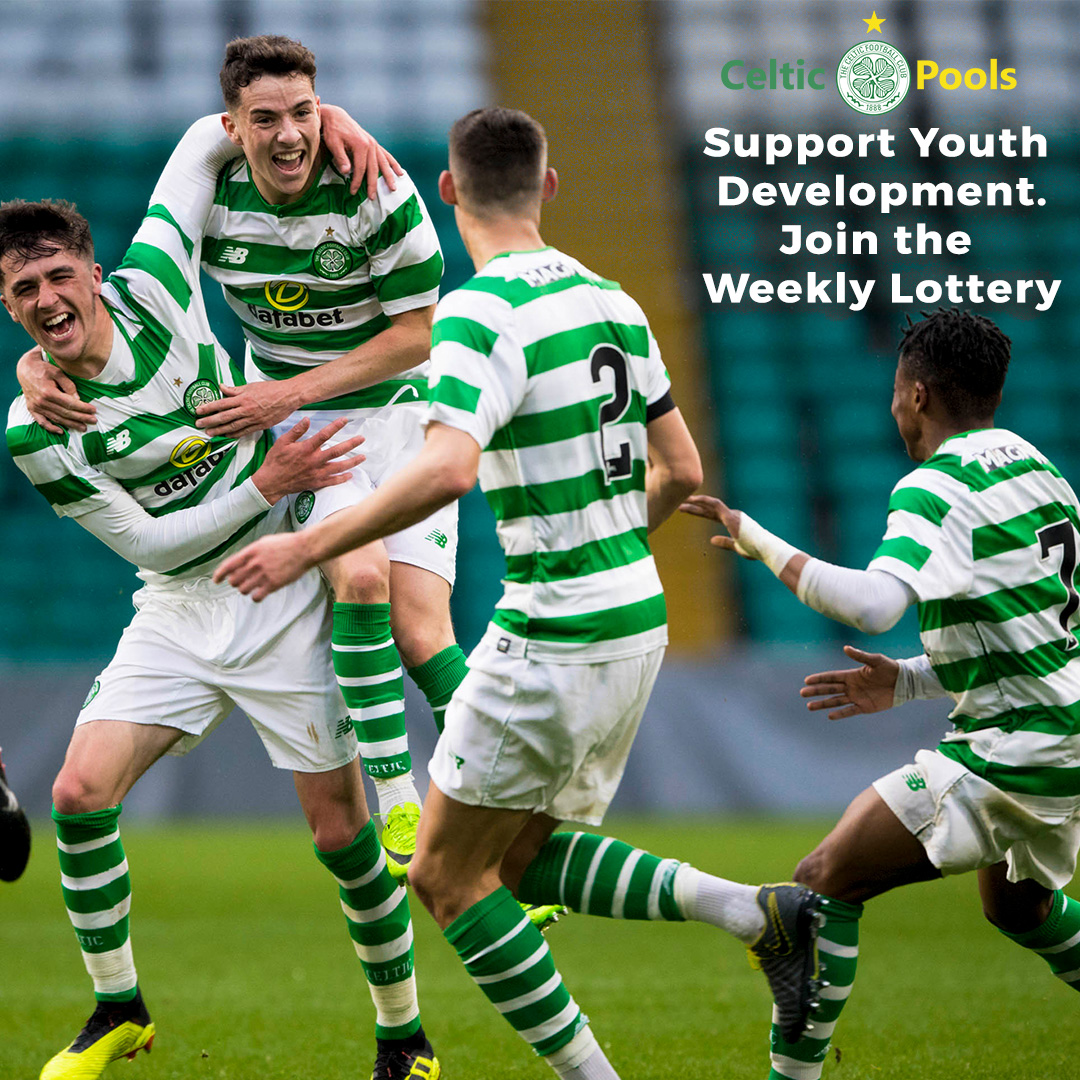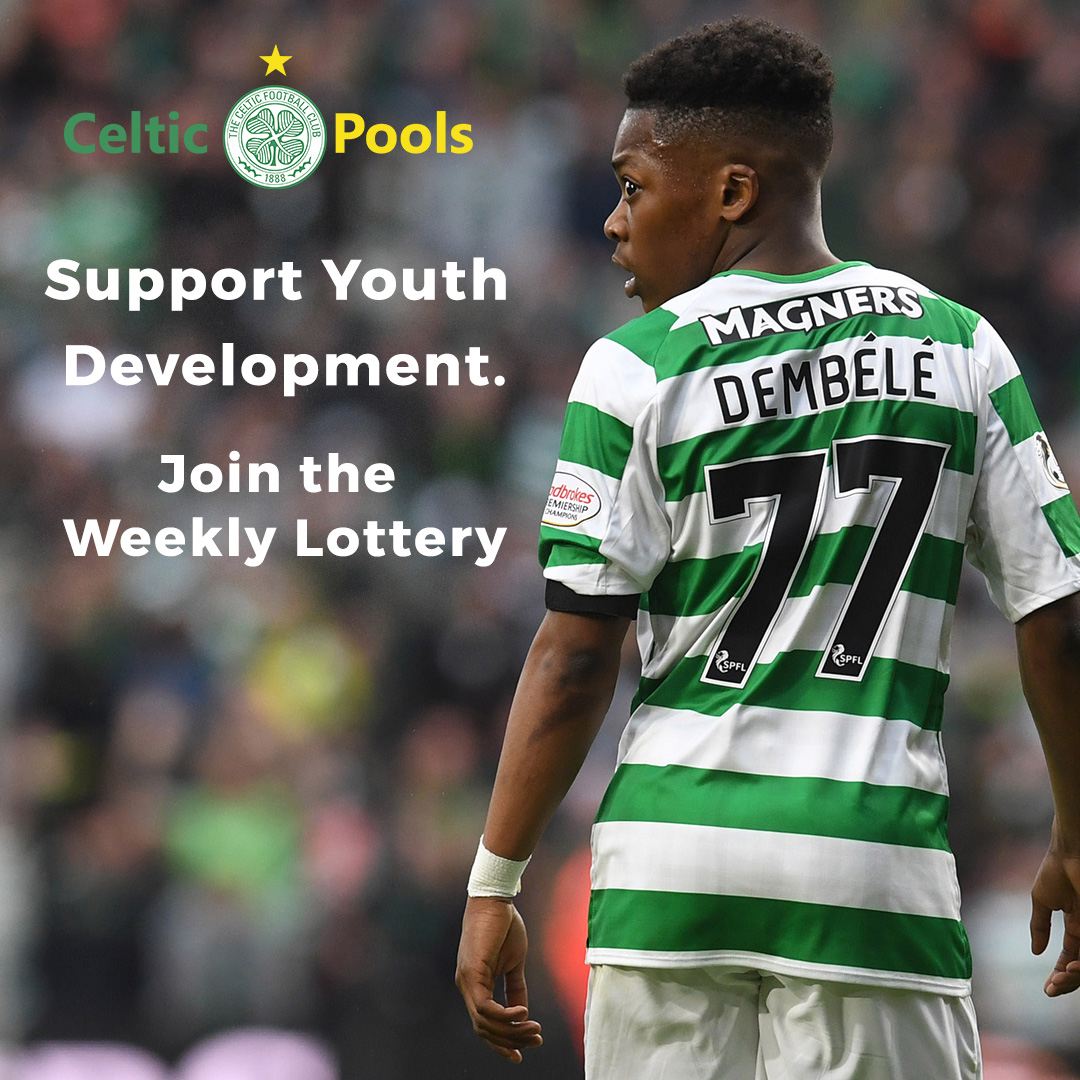Premier League: covid-19 Induced Acceleration to a Private Equity backed OTT Future
The writing’s been on the wall for the sports industry for a long time, but the global shutdown of pretty much all live sport will accelerate the changes that have swept through all other media sectors.
Until now, the sector’s held up incredibly well. Live sports punctured the roll out of time-shifted TV experiences by proving to be the last bastion of appointment viewing. It’s successfully hopped from being the driving force behind expensive bundles of Pay-TV packages to underpinning the adoption and/or retention of broadband internet subscriptions. It continues to ride the swinging Punch and Judy-esque pendulum of short-form video kills long-form, “oh no it doesn’t, oh yes it does, oh no it doesn’t” and, probably most importantly, it now drives serious and attributable profit to broadcast partners through direct subscriptions.
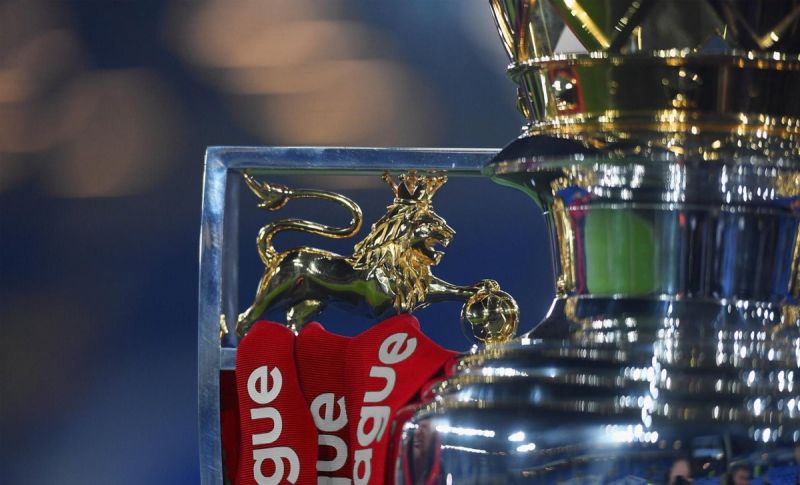
Perhaps, not for much longer.
Covid-19
covid-19 could be the (rather large) straw that broke the camel’s back.
If the Premier League doesn’t deliver the prescribed amount of games to its broadcast partners, they will not be paid for. Broadly, that means a loss of £750m from worldwide broadcast revenue.
Further, they will lose match day revenue and exposure for sponsors, potentially doubling the pain, and if the players don’t take a pay cut, then the largest segment of their overhead will remain fixed.
Quite a headache.
A Post-Covid-19 World
Of course, sport will return, but how it returns remains unclear. Almost certainly, a number of games will be played behind closed doors. This should help relieve some broadcaster fee retention pressure but it won’t help with match day revenue.
When crowds are let back in, they may have to restrict seating (as is happening in China’s cinemas), halving the number of fans in attendance.
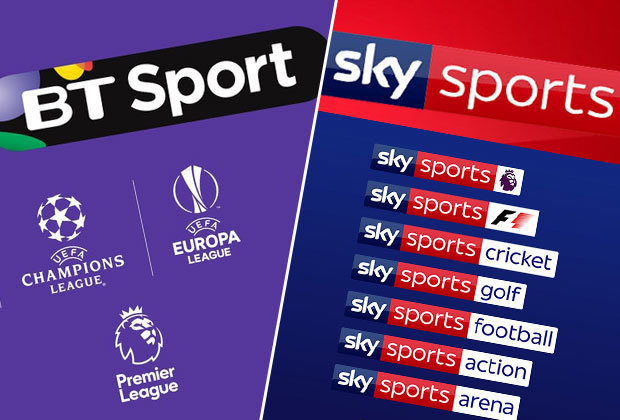
But then what? Sky and BT have allowed fans to pause their sports subscriptions – a move that could cost the broadcasters £700m. This can’t be recouped by playing the games at a later date.
That level of loss (nearly all of Sky’s annual profit) combined with the tsunami of factors that, to date, the live sports world has resisted being washed away by (cord-cutting, etc…), and the new reality of even faster subscriber exodus in the future, could spell the end of old broadcast model – they simply won’t want to (and won’t be able to) pay ever-increasing rights fees.
What Next?
Obviously, the future of sports media is for rights holders to operate their own OTT services and broadcast globally. That’s been clear for decades. The robust economics of the old model has been the main reason it hasn’t yet happened in any meaningful way.
To move to the new model, the Premier League (and other major rights holders) will need someone to bridge the gap because someone will have to underwrite the previously expected broadcast revenue whilst the direct-to-subscriber revenue builds.
That someone looks most likely to be a private equity player, a sovereign wealth fund, or, perhaps, a new fund created by the Premier League club owners themselves.

If 10m UK subscribers paid £30 per month each, the Premier League will double the revenue they generate from the UK market’s broadcasters to £10bn (over 3 years) – more than enough to cover new production, streaming and operations costs, as well as to provide private equity backers with, say, a 20% cut of the gross.
Not to mention saving *all* subscribing fans money and in many instances, about £500 per year each.
It will also mean that sports rights holders will be better placed to ride out any future outbreaks with a little bit more control over their own destiny.
A win-win-win?
Will Muirhead
WOULD YOU LIKE TO WRITE FOR THE CELTIC STAR?
If you would like to write for The Celtic Star, on any Celtic related subject of your choosing, then please send your contribution to editor@thecelticstar.co.uk and we’ll do the rest…
Support Celtic Youth Development
Help raise money for Celtic Youth Development by joining the £1 weekly lottery and you could win up to £25,000 – just click on any one of the photographs below to join. Lots of our readers have already done so and they’re now doing their bit to help fund Celtic Youth Development that can deliver the stars of tomorrow and beyond. And you might even win a few bob too! And a special thank you to all The Celtic Star readers who have already signed up and are now supporting youth development to give us the Celtic Stars of the future…
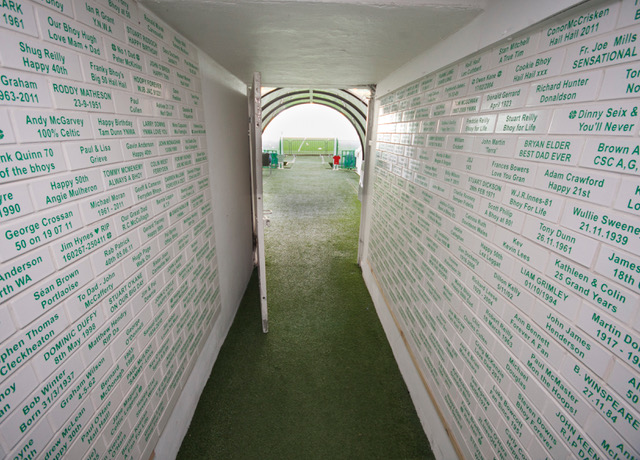
Take The Celtic Star’s Photo Tour of Celtic Park and enjoy our stunning photos from inside Paradise RIGHT HERE, RIGHT NOW.

